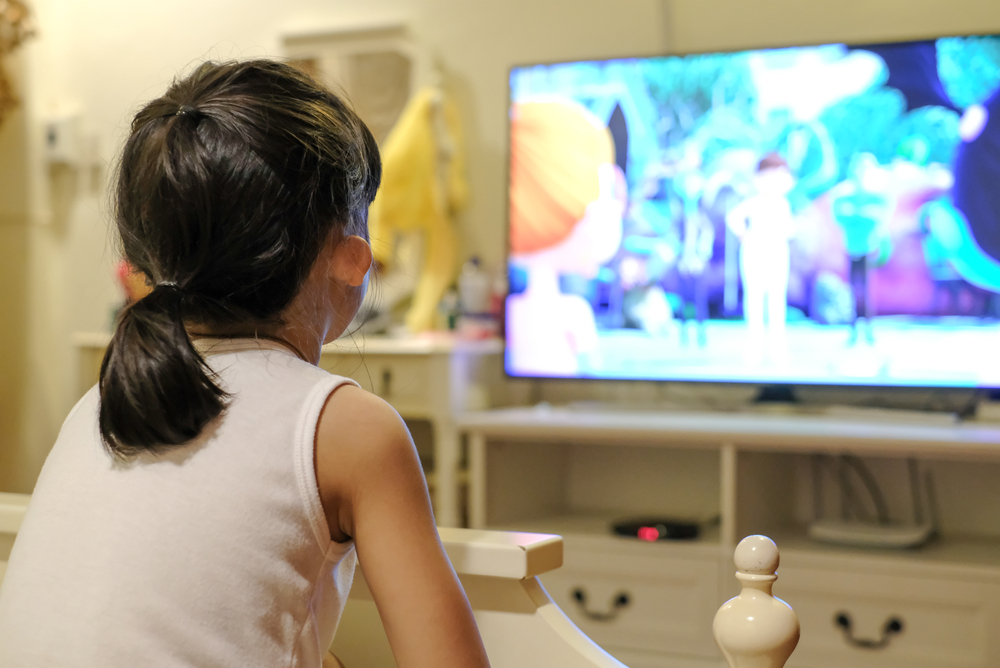
Written by: Pang Chi Wah, Registered Educational Psychologist, New Horizons Development Centre
Hong Kong is a society abundant in material wealth, but due to the overabundance of resources, when children have needs in life, parents quickly provide them with ample supply, allowing them continuous satisfaction. However, parents satisfying their children’s needs too quickly can have a negative impact on them, failing to cultivate their ability to endure, and over time, their patience may become limited.
Utilizing Emotional Intelligence to Cultivate Children’s Patience
Delaying gratification or the fulfillment of life’s needs is an important part of developing emotional intelligence (EQ). If parents are accustomed to quickly satisfying their children’s needs but then complain about their lack of patience, such criticism is unfair to the children, as their patience has simply not been nurtured.
How can one delay the fulfillment of children’s needs? To train children’s emotional intelligence, the secret is “neither using the cane nor the carrot,” meaning that neither corporal punishment nor frequent rewards are necessary. Instead, patience and the ability to wait are cultivated through daily life experiences. Parents can try the following examples:
Example 1: When parents and children go to a dim sum restaurant, there is no need to let the children eat whatever they like immediately. Parents can ask the children to wait for 5 minutes after finishing one basket of dim sum before eating a second type; or they can require the children to wait until the parents have eaten a portion before they can eat. In this way, parents and children take turns eating the dim sum.
Example 2: When children ask their parents to buy toys, parents do not need to purchase them immediately. They can explain to the child to wait a few hours, days, or a week before buying, asking the children to wait patiently.

Example 3: When children return home from the street, do not let them turn on the TV immediately as they please. They must be asked to put away their shoes and socks, drink a glass of water, and sit on the sofa for 3 minutes before they can turn on the TV.
Example 4: When children go out with their parents, do not let them rush to press the elevator button immediately. Parents can ask them to wait for the parents to go out together, walk to the elevator together, and then press the button.
Parents Must Be Consistent and Credible to Train Children’s Intelligence
These are just a few examples. Parents must make good use of the “dragging tactic” in life’s details. Using the dragging tactic does not mean denying or refusing the children’s needs, but rather not satisfying them immediately. What parents need to pay attention to is that when using these tactics, they must follow through with what they say. No matter if the children act spoiled, throw a tantrum, cry, or scream, parents must stick to the principle of “dragging”; additionally, parents must also be credible and do what they have promised the children.
Furthermore, when children make requests, parents can ask the children to explain their reasons, which not only trains their emotional intelligence (EQ) but also their intelligence (IQ). By putting a little more effort into the details of children’s lives, parents can effectively help train their children’s emotional intelligence. Parents might as well give it a try!
























